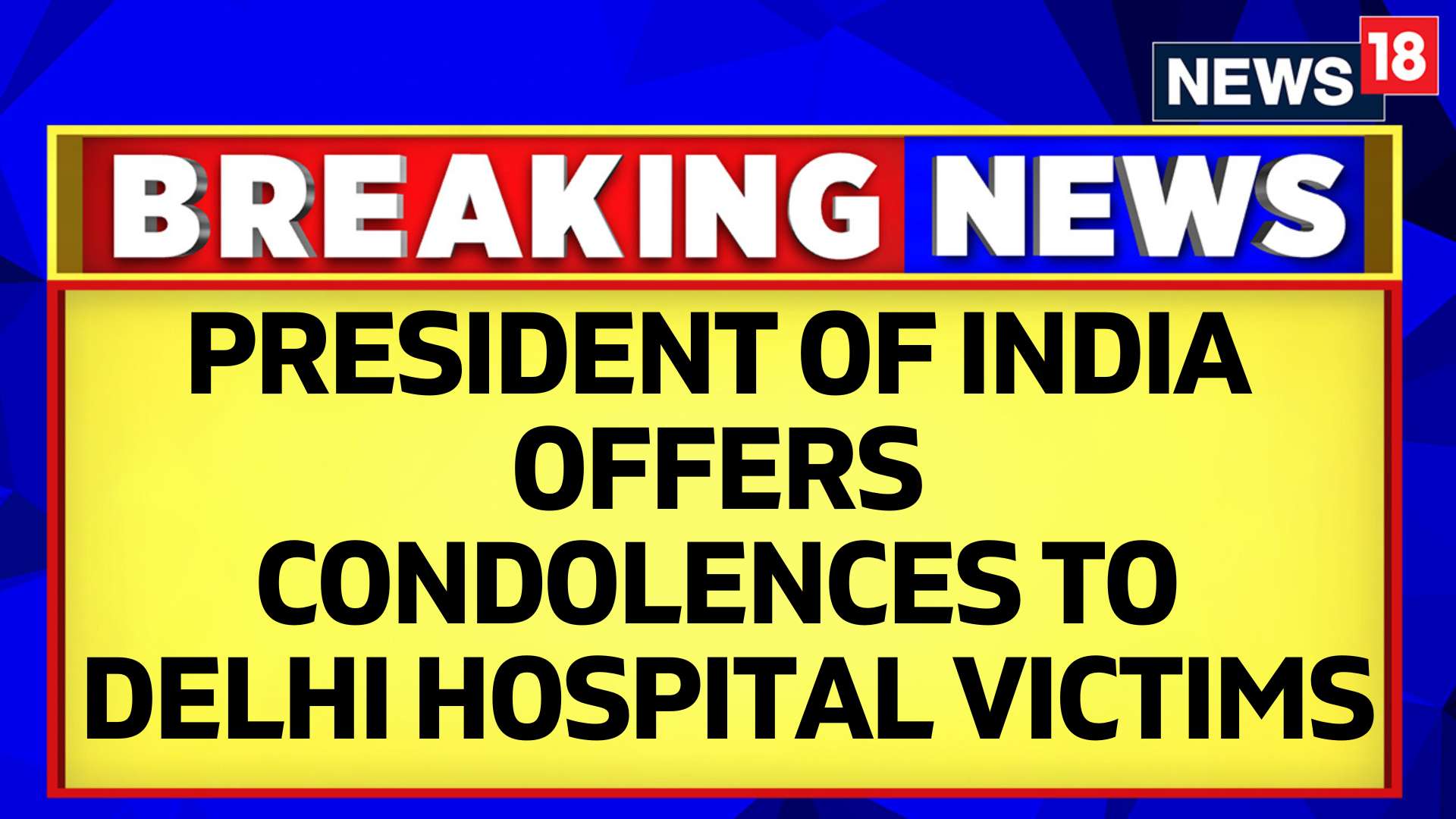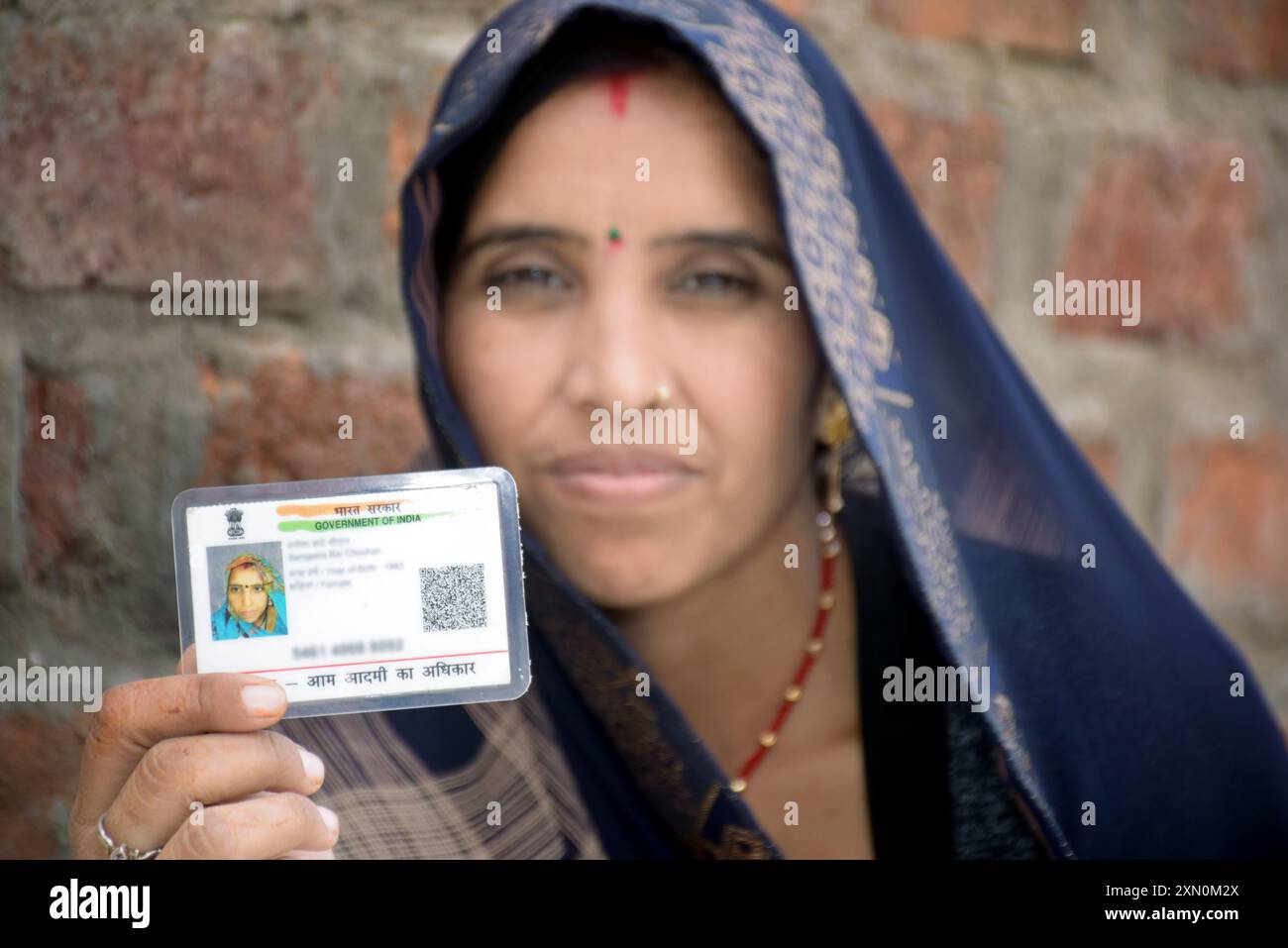


President Droupadi Murmu expressed her distress and offered heartfelt condolences to the families of devotees who lost their lives in a stampede at Tirupati on Thursday. She also prayed for the speedy recovery of the injured and urged for better crowd management at religious places. The stampede occurred on Wednesday night as devotees were jostling for tickets at the Lord Venkateswara Swamy temple on Tirumala Hills for the Vaikunta Dwara Darshanam.
Tirupati Temple Stampede: Tragedy and Call for Improved Crowd Management
On Thursday, a tragic stampede occurred at the Lord Venkateswara Swamy temple in Tirupati, leaving 11 devotees dead and 10 others injured. The incident has sent shockwaves through the nation and prompted President Droupadi Murmu to express her condolences and call for better crowd management at religious places.
Background:
The Tirupati temple, located on the Tirumala Hills in Andhra Pradesh, is one of the most revered Hindu pilgrimage sites in India. It attracts millions of devotees every year, especially during the auspicious Vaikunta Dwara Darshanam, which allows pilgrims to enter through the special gate of the temple.
Stampede Incident:
The stampede occurred on Wednesday night as devotees jostled for tickets for the Vaikunta Dwara Darshanam. According to reports, the crowd became unruly and uncontrollable, leading to a rush towards the distribution counters. As a result, many devotees were crushed or trampled.
Emergency Response:
Authorities immediately responded to the emergency, rescuing the injured and providing medical assistance. The stampede has sparked widespread outrage and concern, with calls for better crowd management measures at religious places.
Condolences and Prayers:
President Murmu expressed her distress and offered heartfelt condolences to the families of the deceased. She also prayed for the speedy recovery of the injured and urged officials to take comprehensive steps to prevent such tragedies in the future.
Top 5 FAQs:
1. What caused the stampede? Answer: The stampede occurred due to overcrowding and poor crowd management. Devotees jostled for tickets, leading to a rush towards the distribution counters and a loss of control.
2. How many people died in the stampede? Answer: Eleven devotees lost their lives in the stampede.
3. What is Vaikunta Dwara Darshanam? Answer: It is an auspicious ritual where pilgrims enter the Tirupati temple through a special gate, known as the Vaikunta Dwara. It is believed to bring good fortune and blessings.
4. Has there been a similar stampede at Tirupati before? Answer: Yes, a stampede occurred in 2013, resulting in the death of 11 devotees.
5. What measures are being taken to improve crowd management? Answer: Authorities have assured that measures such as wider entrances, improved queuing systems, and increased security personnel will be implemented to prevent future stampedes.

Ranjana Sonawane, the first recipient of India's Aadhar card, still lacks access to government schemes 13 years later. Despite being eligible for the Chief Minister Majhi Ladki Behen Yojana, Ranjana has not received any money due to an issue with her Aadhar being linked to someone else's bank account. This case brings to light the flaws in the implementation of government schemes in rural and tribal areas, where women like Ranjana often have their funds misdirected or lack necessary information.

The Indian National Congress (INC) has announced its plans to launch a month-and-a-half-long campaign in Jammu and Kashmir on April 22. The purpose of the campaign is to demand the restoration of statehood and to further the “Save the Constitution” movement. With the recent appointment of Syed Naseer Hussain as the new J&K in-charge, the party hopes to regain its lost support in the Union Territory. This campaign comes at a crucial time, as former supporters of the Congress leader Ghulam Nabi Azad have recently dissolved their party, raising questions about their political future. The Congress hopes to use this opportunity to highlight the BJP's failures in empowering elected governments and its betrayal over statehood.

Thousands of citizens in Pune are rallying together through an online petition to demand the protection of their city's hills and hill slopes from any construction. The petition is addressed to the former Pune Municipal Commissioner and Chairman of the state-appointed Committee on Bio-Diversity Park and Hill Top Hill Slopes. The citizens are concerned that the committee's review may result in allowing construction on the hills, while strict measures have already been mandated by the government to prevent it. The citizens stress the importance of preserving these natural areas for the city's ecological balance and urge the government to uphold its promise to future generations.

After the devastating terror attack in Pahalgam, Jammu and Kashmir, India has suspended the 1960 Indus Waters Treaty with Pakistan. This decision was made during a key meeting chaired by Union Home Minister Amit Shah, with discussions on potential actions being taken against Pakistan. As tensions between the two countries continue to escalate, Indian leaders have condemned Pakistan for their involvement in the attack and have vowed to take strong measures in response.

The Indian Army made its first major move since the Pahalgam terror attack on April 22, as they killed top Lashkar-e-Taiba (LeT) commander Altaf Lalli in an encounter in Jammu and Kashmir's Bandipora district. The security forces are on the hunt for the terrorists responsible for the brutal killing of 26 civilians and have launched a massive anti-terror operation. In other developments, Indian Army Chief General Upendra Dwivedi visited Srinagar for a security review meeting and the authorities demolished the houses of two suspected terrorists involved in the Pahalgam attack.

In a hearing at the Supreme Court, the bench rebuked Congress leader Rahul Gandhi for his "irresponsible" comments about freedom fighter Vinayak Damodar Savarkar. The judges highlighted the need to show respect for India's freedom fighters and questioned whether Gandhi was aware of his grandmother and Mahatma Gandhi praising Savarkar. The court also stayed an Allahabad High Court order that refused to dismiss a lower court's summons against Gandhi over his alleged remarks about Savarkar.

The Supreme Court has stepped in to warn Congress MP Rahul Gandhi over his comments about India's independence activist Veer Savarkar, staying a trial court's summons to the politician. The top court emphasized that Savarkar is a highly respected figure in Maharashtra and stated that no one would be allowed to make derogatory remarks about freedom fighters. The court also pointed out that Gandhi's family has had a history of praising Savarkar and Gandhi himself has been warned that the court will take suo motu cognizance of any such remarks. Additionally, the article also mentions an attack in Jammu and Kashmir that has led to heightened tensions between India and Pakistan.

In a successful operation by the security forces, a Lashkar-e-Taliba (LeT) terrorist associate, identified as Altaf Lalli, was killed in an ongoing encounter in the Bandipora district of Jammu and Kashmir. The encounter began after the security forces received intelligence about the presence of terrorists in the area. Two security personnel have also been injured in the exchange of fire and are currently undergoing treatment at a nearby hospital. The clash highlights the continued efforts of the security forces to combat terrorism in the region.

The Telangana-Chhattisgarh border is a hotbed of tension as security forces step up their efforts to root out Maoist activity from the region. Top Maoist leader Hidma is the target of current high-security operations, with forces strategically advancing through previously inaccessible areas. With mounting pressure, sources indicate that the hold of the Maoists in the region is gradually weakening, making for a tense and critical situation.

As the nation grapples with the aftermath of a terror attack in Pahalgam, security forces are undertaking a massive operation in the dense Karregutta hills forest to eliminate the heart of Naxal command. This operation, involving 7,000 personnel and cutting-edge technology, aims to strike a blow at Naxalism by targeting top leaders of the PLGA Battalion No. 1. This bold move by the CRPF, with the Director General personally overseeing the operation, marks a turning point in the fight against Maoist insurgency. With five Naxals already killed and more likely to come, the operation is being hailed as a decisive victory and could potentially spell the end of Naxalism in India.